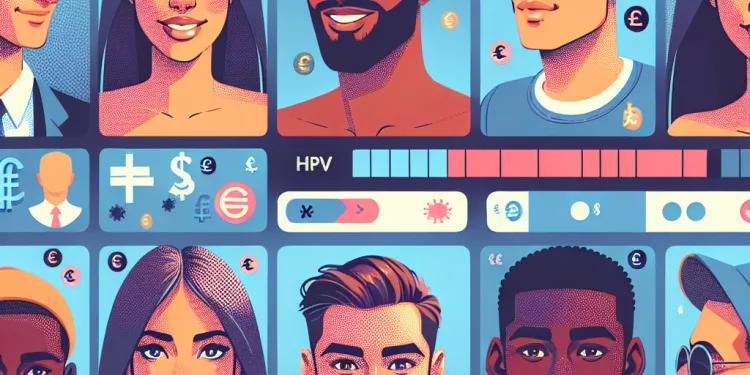
Find Help
More Items From Ergsy search
-
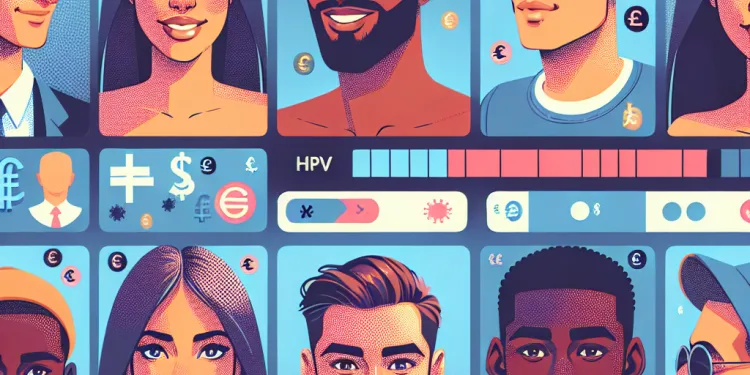
Can HPV affect both men and women?
Relevance: 100%
-
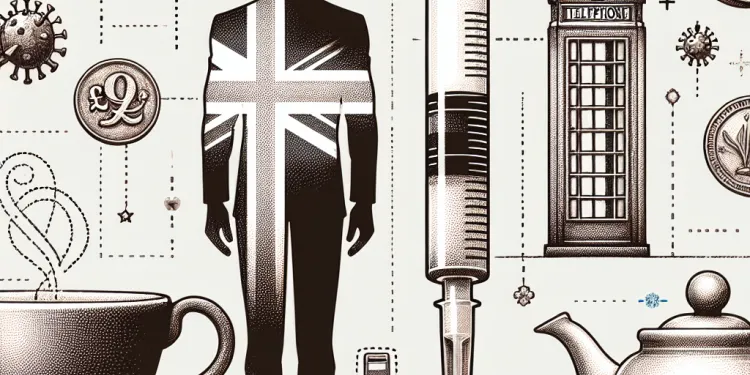
Do men need the HPV vaccine?
Relevance: 87%
-

How common is HPV?
Relevance: 62%
-

Are men and women's pension ages equalized?
Relevance: 62%
-
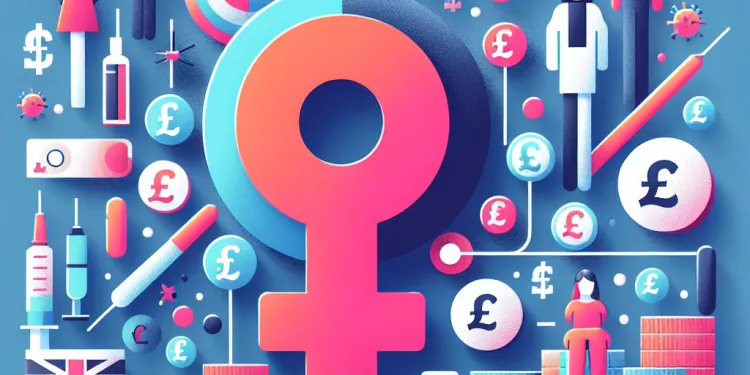
Surge in HPV Vaccination Rates Among Young Women in the UK
Relevance: 61%
-
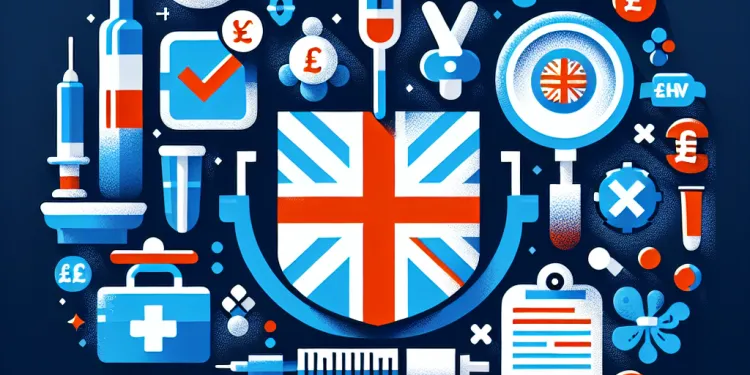
Is HPV testing available?
Relevance: 57%
-
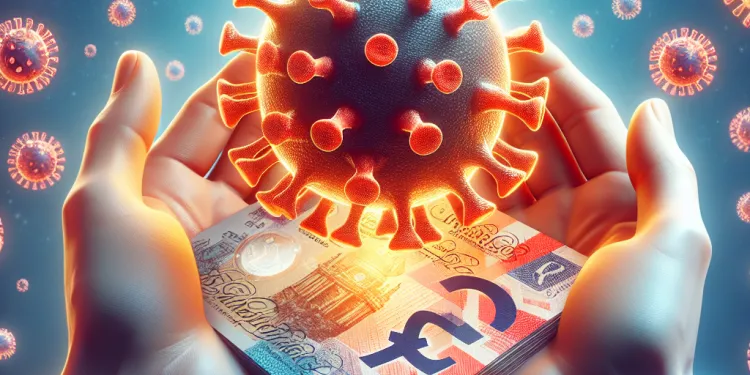
Can HPV lead to cancer?
Relevance: 57%
-
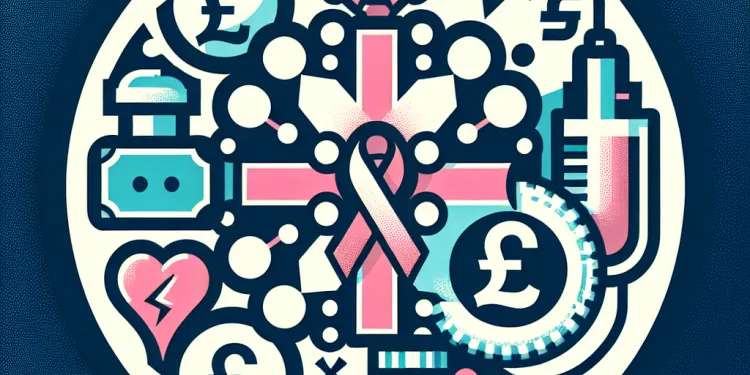
Are there symptoms of an HPV infection?
Relevance: 57%
-
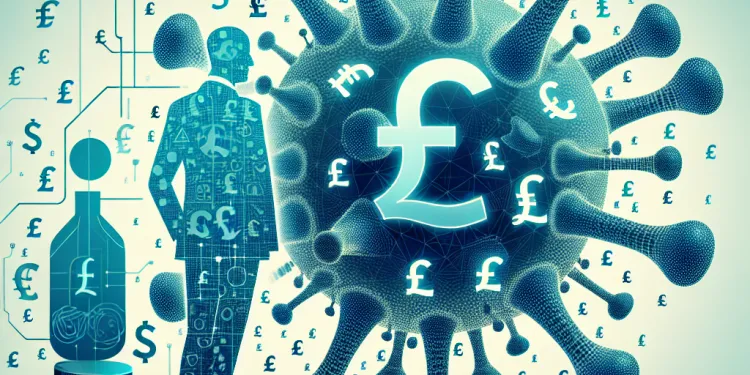
What is the HPV Virus?
Relevance: 57%
-
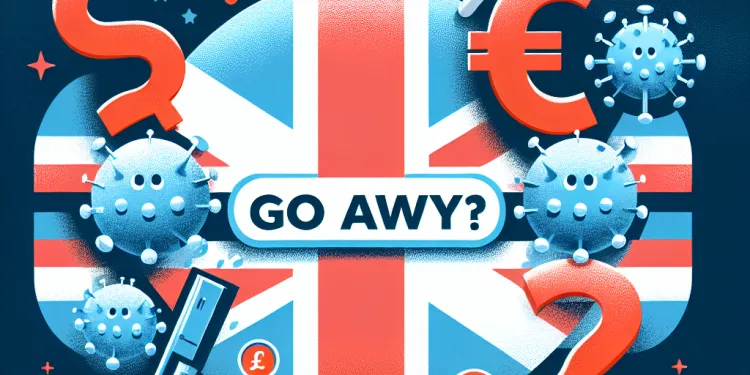
Can HPV go away on its own?
Relevance: 56%
-
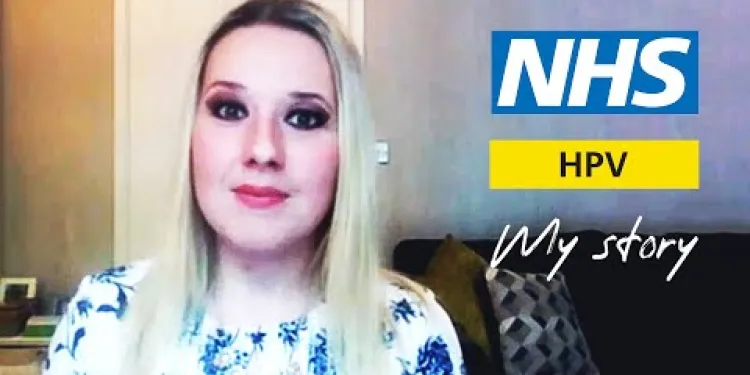
HPV - My Story | NHS
Relevance: 56%
-
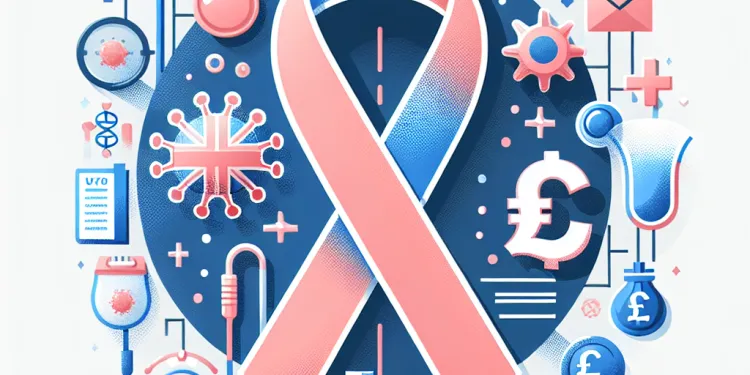
What is the link between HPV and cervical cancer?
Relevance: 55%
-
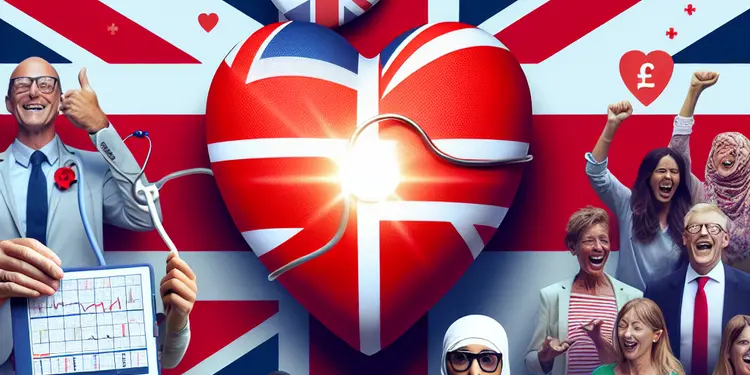
Can women have different heart attack symptoms than men?
Relevance: 52%
-
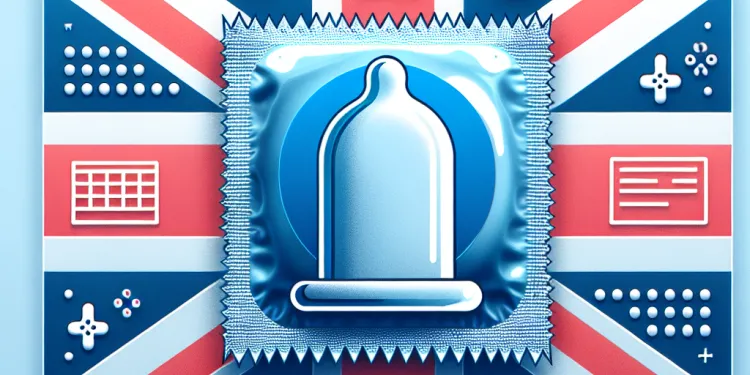
Can using condoms fully protect against HPV?
Relevance: 52%
-
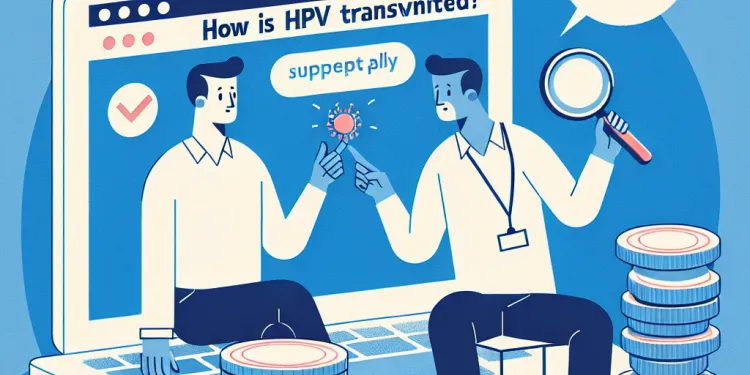
How is HPV transmitted?
Relevance: 52%
-
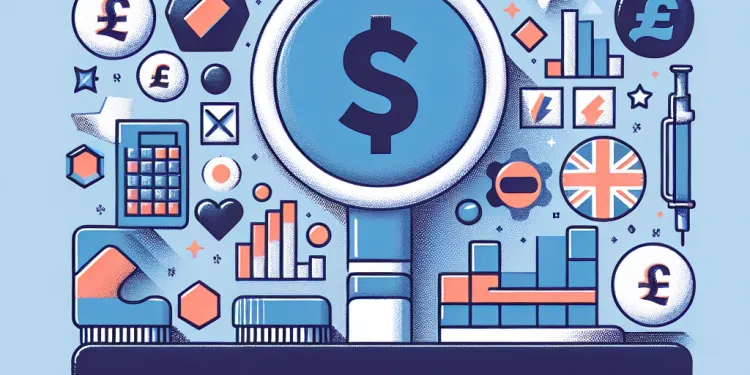
Can HPV be treated?
Relevance: 51%
-
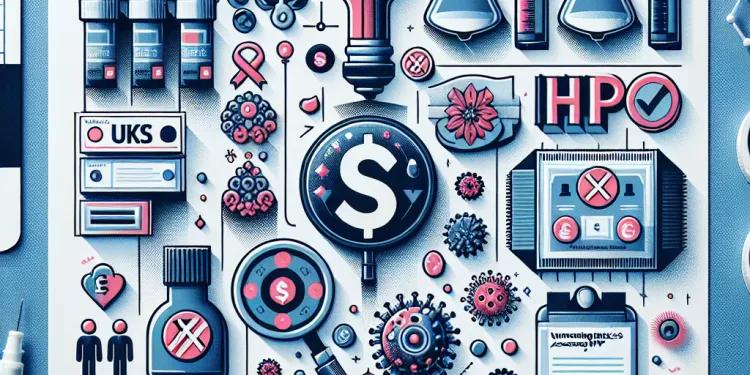
What age group is most at risk for HPV?
Relevance: 50%
-
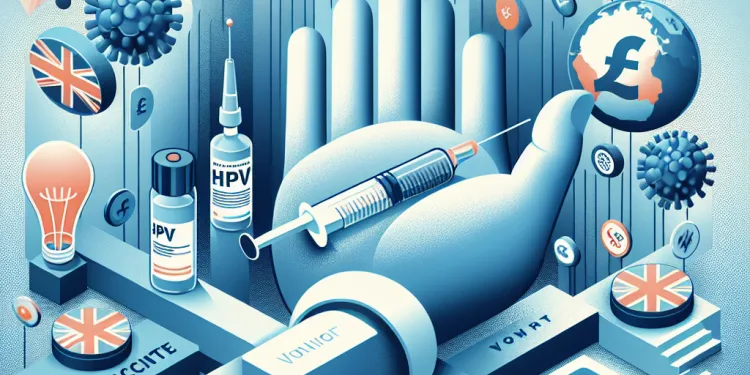
Who should get the HPV vaccine?
Relevance: 48%
-
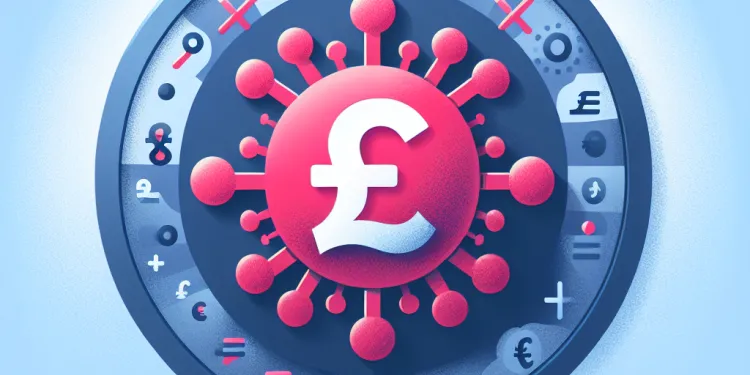
How can HPV be prevented?
Relevance: 47%
-

What health problems can HPV cause?
Relevance: 46%
-

Can men have mammograms?
Relevance: 45%
-
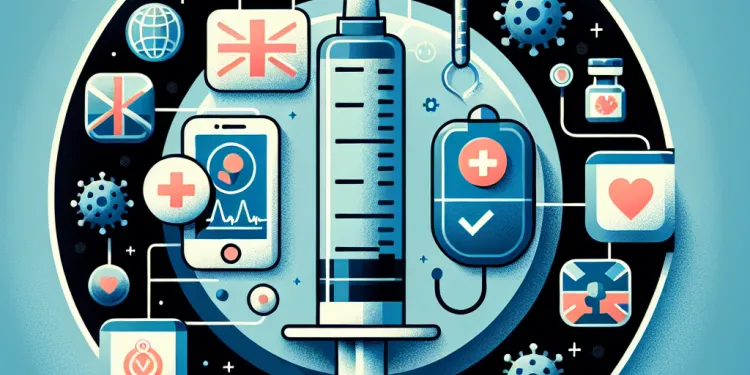
Is there a vaccine for HPV?
Relevance: 42%
-
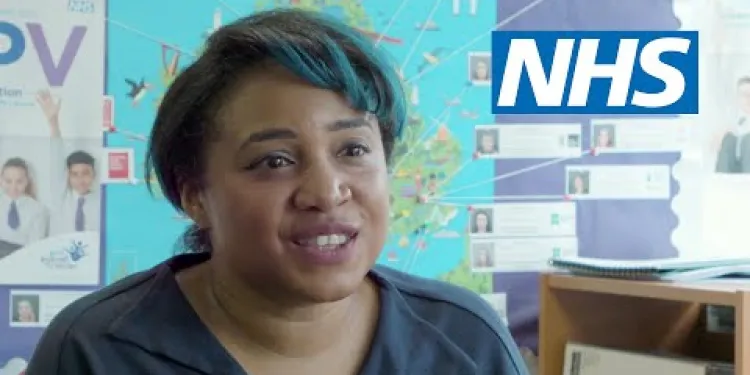
What is the year 8 HPV vaccine? | NHS
Relevance: 42%
-

Are men at risk of having their drinks spiked?
Relevance: 41%
-

Can women use Abiraterone for treatment?
Relevance: 40%
-
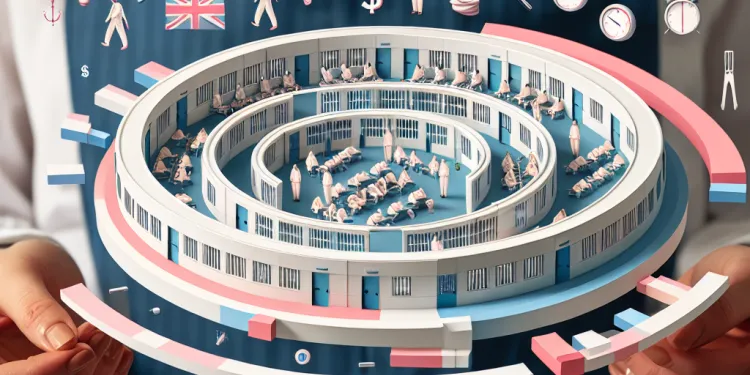
What are women's prisons like in the UK?
Relevance: 40%
-
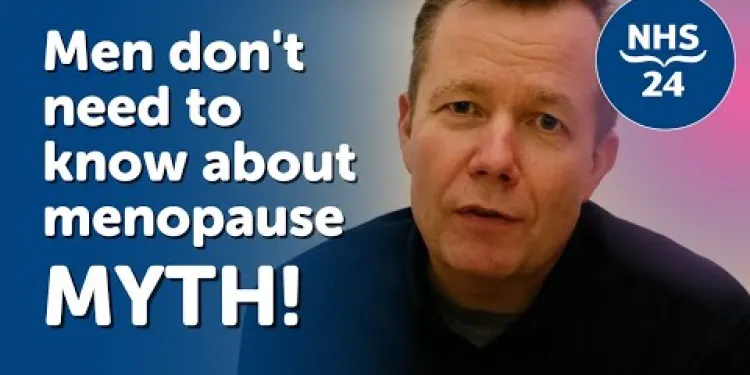
Men Don't Need to Know about Menopause | NHS 24
Relevance: 37%
-
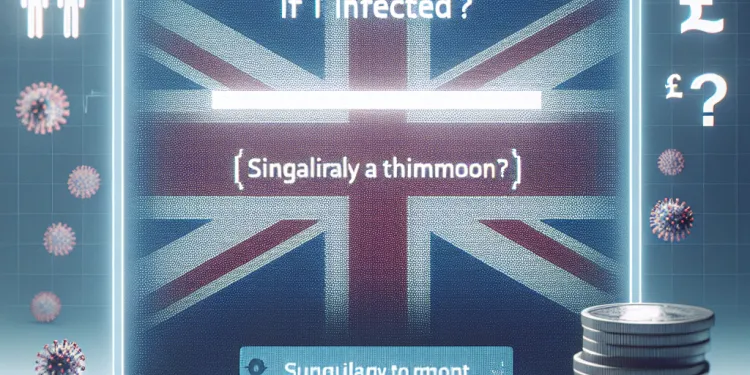
Can men in the UK transmit Zika virus if infected?
Relevance: 36%
-

Can men be perpetrators of honour based abuse?
Relevance: 34%
-
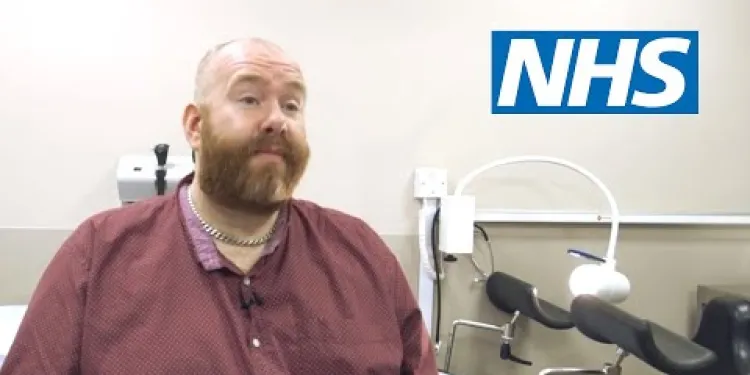
Cervical screening for transgender men | NHS
Relevance: 34%
-

How common is it for women to develop dementia after menopause?
Relevance: 33%
-
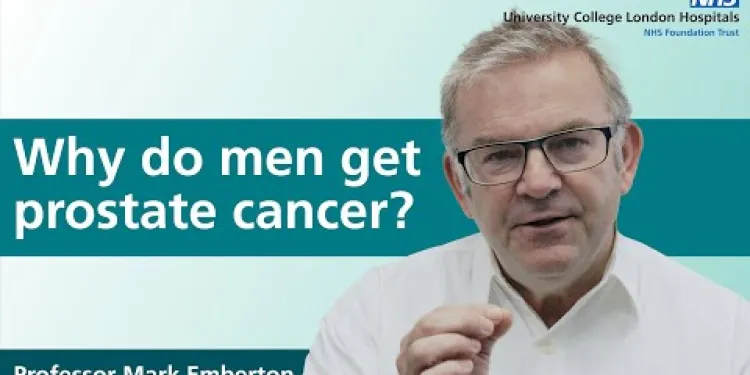
Why do men get prostate cancer?
Relevance: 33%
-
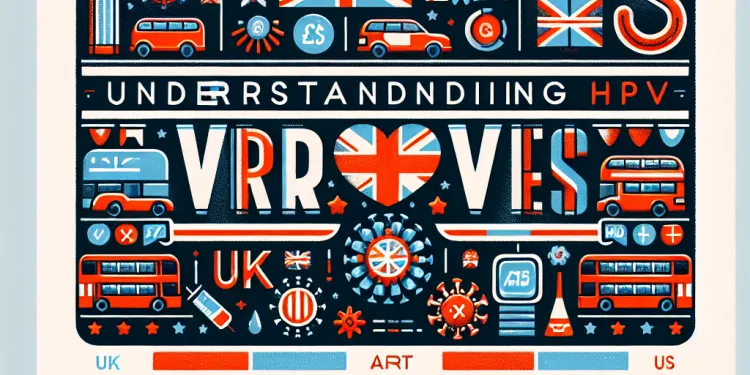
How many types of HPV are there?
Relevance: 31%
-
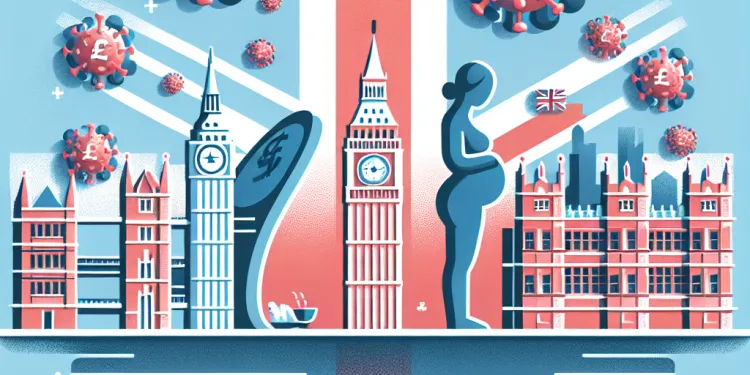
Can pregnant women get chickenpox?
Relevance: 29%
-
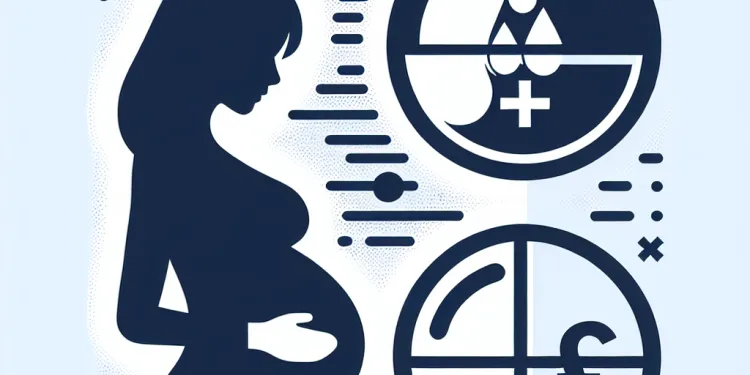
Can pregnant women take Baxdrostat?
Relevance: 29%
-
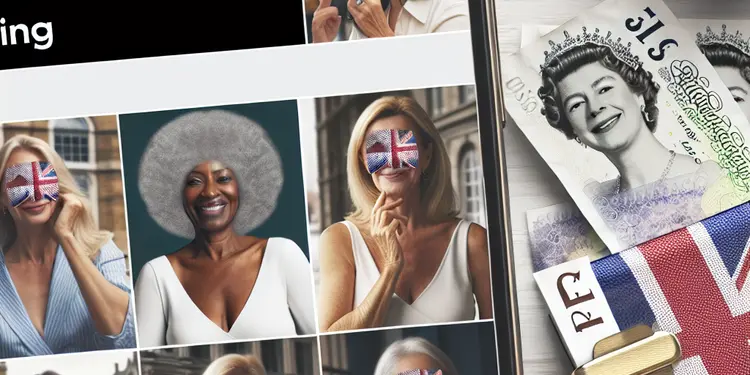
Why do some women use menopause masking?
Relevance: 28%
-

Can pregnant women get the flu vaccine?
Relevance: 28%
-
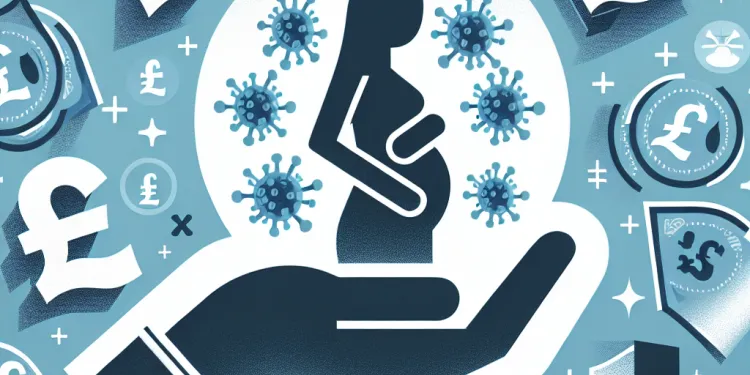
What precautions should pregnant women in the UK take regarding Zika virus?
Relevance: 28%
-

Can Paracetamol be used in pregnant women?
Relevance: 28%
-

Survivor of an Abdominal Aortic Aneurysm rupture appeals for men to take up NHS Screening Programme.
Relevance: 27%
What is HPV?
Human Papillomavirus (HPV) is a common viral infection, globally affecting millions. There are over 100 different types of HPV, with over 40 types known to affect the genital areas of both men and women, as well as the mouth and throat. HPV is transmitted through intimate skin-to-skin contact, most commonly through sexual activities.
HPV in Women
In women, HPV can lead to a range of health issues. Certain HPV strains, particularly types 16 and 18, significantly contribute to the development of cervical cancer. Regular cervical screening, through Pap smears or HPV testing, is crucial for early detection and prevention of cervical cancer. Besides cervical cancer, HPV can also lead to other genital cancers and is linked to cancers of the throat and mouth. The presence of genital warts, caused by different HPV types, can also be a concern, although they are generally not life-threatening.
HPV in Men
HPV also affects men. Like in women, HPV can lead to certain cancers in men, such as penile, anal, and oropharyngeal cancers. Although both men and women can have genital warts due to HPV, these are more visibly recognized in males. Oropharyngeal cancers, which affect the throat, base of the tongue, and tonsils, are increasingly being linked to HPV, particularly type 16. Anal cancer, although less common than cervical cancer, poses a risk, especially in men who have sex with men (MSM).
Prevention and Vaccination
Vaccination is a key preventive measure against HPV-related diseases. In the UK, the NHS provides the HPV vaccine to both boys and girls, typically administered in schools when they are around 12 to 13 years old. The vaccine covers the most dangerous HPV types, including those most often associated with cancer and genital warts. It's essential for both genders to get vaccinated before becoming sexually active to ensure maximum effectiveness.
Conclusion
HPV is a significant public health issue affecting both men and women, with implications that extend beyond cervical cancer. Increased awareness, regular health screenings, and vaccination efforts are critical components in reducing the burden of HPV-related diseases. Open communication and education about HPV, including dispelling myths and understanding the importance of vaccination, play vital roles in promoting public health and wellbeing across the UK.
What is HPV?
HPV stands for Human Papillomavirus. It is a virus that many people can get. There are over 100 types of HPV. More than 40 of these can affect private parts, the mouth, and the throat of both boys and girls. People can get HPV from touching someone's skin during close contact, like hugging, kissing, or having sex.
HPV in Women
HPV can cause health problems for girls. Some types of HPV can lead to a serious sickness called cervical cancer. To find problems early, girls should have regular tests called Pap smears or HPV tests. Besides cervical cancer, HPV can also cause other types of cancers and warts, but these warts are usually not dangerous.
HPV in Men
HPV can also cause health problems for boys. It can lead to cancers like those of the private parts, bottom, and throat. Boys can also get warts from HPV. Some types of HPV can make cancers more likely in the throat, tongue, and tonsils. Boys need to be careful, especially if they have boyfriends.
Prevention and Vaccination
To stop HPV, there is a vaccine. In the UK, both girls and boys get the vaccine at school when they are about 12 or 13 years old. This vaccine helps protect against the bad types of HPV that cause cancer and warts. Getting the vaccine before having contact with others is very important.
Conclusion
HPV is a big health problem for both boys and girls. Knowing about it, getting regular health checks, and getting the vaccine are important to stay safe. Talking openly about HPV and learning how to protect ourselves helps everyone stay healthy.
Frequently Asked Questions
What is HPV?
HPV, or human papillomavirus, is a group of more than 200 related viruses, some of which can lead to cancer.
Can HPV affect both men and women?
Yes, HPV can affect both men and women, leading to health problems such as genital warts and different types of cancer.
How is HPV transmitted?
HPV is transmitted primarily through intimate skin-to-skin contact, including sexual contact.
What types of cancer can HPV cause in women?
HPV can lead to cervical cancer, as well as cancers of the vagina, vulva, anus, and oropharynx in women.
What types of cancer can HPV cause in men?
In men, HPV can cause cancers of the anus, penis, and oropharynx.
Are there HPV symptoms in men and women?
HPV often has no visible symptoms. Some strains can cause genital warts, but cancers caused by HPV don't always show symptoms until they are advanced.
Can HPV infections be treated?
There is no treatment for the virus itself, but health issues caused by HPV, such as warts or cancer, can be managed and treated.
How can HPV infections be prevented?
HPV vaccines can prevent infections with the most dangerous types of HPV. Using condoms and reducing the number of sexual partners can also reduce the risk of HPV infections.
At what age is the HPV vaccine recommended?
The CDC recommends HPV vaccination for preteens aged 11 to 12, but it can be given starting at age 9. Vaccination is also recommended for everyone through age 26.
Can older adults get the HPV vaccine?
While it is most effective when given at a younger age, adults aged 27 to 45 can discuss HPV vaccination with their healthcare provider to determine if it is right for them.
Do men need to get the HPV vaccine?
Yes, the HPV vaccine is recommended for both boys and girls to protect against cancers and genital warts caused by HPV.
How common is HPV?
HPV is very common. Almost all sexually active people will get HPV at some point in their lives if they don’t get vaccinated.
Is there a test for HPV in men?
Currently, there is no approved HPV test for men. HPV testing is usually done for women as part of cervical cancer screening.
How does HPV affect pregnancy?
HPV can sometimes cause problems during pregnancy, such as warts that grow larger, but it generally does not affect the baby. Regular prenatal care can monitor for any issues.
Can HPV be cured?
There is no cure for the virus itself, but most HPV infections go away on their own. Health problems caused by HPV can be treated.
What are the different strains of HPV?
There are over 200 strains of HPV. Some cause warts, while others can lead to cancers. HPV 16 and 18 are implicated in most HPV-related cancers.
How effective is the HPV vaccine?
The HPV vaccine is highly effective at preventing infection with the types of HPV it covers, including the types most likely to cause cancer and genital warts.
Can someone with HPV donate blood?
Yes, people with HPV can donate blood. HPV is not transmitted through blood donations.
Can HPV come back after it has cleared?
Most HPV infections clear spontaneously, but individuals can be re-infected with the same or a different type. Regular screenings are recommended for women.
Does using condoms completely prevent HPV infection?
Using condoms can lower the risk of HPV transmission but doesn't completely prevent it because HPV can infect areas not covered by a condom.
What is HPV?
HPV is a germ called a virus. It can cause lumps or bumps on your skin. These are called warts. There are many types of HPV. Some types can make people sick.
Here are some tips to help you understand:
- Look at pictures. They can show you what HPV looks like.
- Ask someone you trust to explain it to you.
- Use simple words to talk about HPV.
HPV is a short way to say human papillomavirus. It is a big group of more than 200 viruses. Some of these viruses can make people sick with cancer.
Can HPV make both men and women sick?
HPV can make both men and women sick. It can cause bumps on the skin called genital warts. It can also lead to some types of cancer.
How do people catch HPV?
HPV is a virus. You can catch it through skin-to-skin contact. Usually, it spreads during close contact.
You can catch HPV by:
- Touching someone who has the virus.
- Sharing things like razors or towels with someone who has the virus.
To stay safe:
- Wash your hands often.
- Don't share personal items like razors or towels.
If you have questions, talk to a doctor or nurse. They can help you understand more.
HPV spreads mostly when people touch each other's skin closely. This can happen during sex.
What types of cancer can HPV cause in women?
HPV is a virus. It can cause cancer in women.
Here are some cancers HPV can cause:
- Cancer in the cervix
- Cancer in the vagina
- Cancer in the vulva
- Cancer in the throat
If reading is hard, try these tips:
- Read slowly
- Use a pointer to follow words
- Take short breaks
HPV can cause cancer in different parts of the body. In women, it can cause:
- Cervical cancer (cancer in the cervix)
- Cancer in the vagina
- Cancer in the vulva (outside part of the female private area)
- Cancer in the anus
- Cancer in the oropharynx (throat area)
Using pictures or diagrams can help you understand better. Talking to a doctor or nurse can also help if you have questions.
Can HPV give men cancer?
HPV is a kind of germ that spreads between people. It can make cells change in a bad way. This can sometimes lead to cancer in men. HPV can cause:
- Cancer in the mouth and throat
- Cancer in the penis
- Cancer in the anus (bottom)
You can keep safe by using a condom and getting the HPV vaccine. The vaccine helps stop these cancers.
In men, HPV can cause cancer in the bottom, penis, and throat.
What signs show HPV in men and women?
HPV usually doesn't show signs you can see. Sometimes, it can cause bumps called genital warts. Cancers from HPV might not show signs until they are serious.
Can you treat HPV infections?
There is no cure for the virus, but doctors can help if you get warts or cancer from it.
How can we stop HPV infections?
Here are some easy ways to help stop HPV infections:
- Get the HPV vaccine. It helps protect you from the virus.
- Use condoms when having sex. They can help stop the spread of HPV.
- Talk to your doctor. They can give you more advice.
- Practice good hygiene. Wash your hands and body regularly.
These steps can help you stay safe and healthy. If you have questions, ask a parent or doctor for help.
HPV vaccines can help stop you from getting very bad HPV infections. Using condoms and having fewer sexual partners can also make it less likely for you to get HPV infections. You might find it helpful to ask a doctor or a parent for more information. They can help explain things and give good advice on staying safe.
What age should you get the HPV vaccine?
The CDC says that preteens, who are 11 or 12 years old, should get the HPV vaccine. But kids can start getting it at age 9. People can get the vaccine up until they are 26 years old.
Can older adults get the HPV shot?
Older adults might ask, "Can I get the HPV shot?"
Here’s the good news: It might be possible! The HPV shot can help protect against some types of viruses.
But, it's important to talk to a doctor. They can tell you if the HPV shot is right for you.
To understand more, you can:
- Ask your doctor questions.
- Use picture charts to help explain.
- Get a friend to help you read information.
Remember, it's always okay to ask for help or more information when you need it.
The HPV vaccine works best for younger people. But if you are between 27 and 45 years old, you can talk to your doctor about getting the vaccine. Your doctor will help you decide if it’s a good idea for you.
Should men get the HPV shot?
Here's a simple answer:
- The HPV shot can protect men from a virus called HPV.
- HPV can cause health problems like warts and some cancers.
- The shot is safe and helps keep you healthy.
- Ask your doctor if you should get the shot.
Here are some things that can help you:
- Bring someone to your doctor's visit to help you understand.
- Write down questions you have before you go.
- Use pictures or videos to learn more about the shot.
Yes, the HPV shot is good for boys and girls. It helps stop cancers and warts caused by HPV.
How many people have HPV?
HPV is a common virus. Almost everyone who has sex will get HPV at some time unless they get a vaccine.
Can men get a test for HPV?
Right now, there is no test for HPV approved for men. Testing is usually done for women to check for cervical cancer.
What is HPV and how does it affect having a baby?
HPV is a virus. Some people have it.
If you are pregnant, it is important to talk to your doctor about HPV.
HPV can sometimes cause changes in the body. The doctor can check to keep you and your baby safe.
It helps to use simple language and ask questions if you don't understand something.
You can also use pictures or videos to learn more.
HPV can sometimes cause problems when you are having a baby. Warts might get bigger, but HPV usually does not hurt the baby. Seeing the doctor regularly during pregnancy can help check for any problems.
Can HPV Go Away?
HPV is a virus that some people get.
Most of the time, your body can fight off the virus and it goes away by itself.
Sometimes, the virus stays in the body and needs a doctor's help.
If you are worried, talk to a doctor or nurse. They can give good advice.
Using tools like picture charts can help you understand better.
There is no medicine to make the HPV virus go away, but for most people, it goes away by itself. If HPV causes health problems, we can help treat those problems.
What types of HPV are there?
HPV is a short way to say Human Papillomavirus. There are many kinds of HPV, like different kinds of apples. Some kinds of HPV are harmless and won't make you sick. Others can cause warts or other skin changes. Some types of HPV can even lead to cancer if left unchecked.
If you want to learn more, you can:
- Ask a doctor or nurse for more information.
- Use simple news websites that explain things clearly.
- Watch videos or use apps that explain HPV in a simple way.
There are more than 200 types of HPV. Some types can cause warts. Other types can lead to cancer. HPV 16 and 18 are the ones that often cause cancer.
Does the HPV vaccine work well?
The HPV vaccine works very well. It helps stop people from getting HPV infections. HPV can make people sick, so the vaccine helps keep them healthy.
Here are some ways to learn more:
- Ask a doctor or nurse. They can tell you how the vaccine helps.
- Look at pictures or videos. These can show how the vaccine works.
Remember, getting the vaccine is a good way to stay healthy!
The HPV vaccine works really well. It stops you from getting certain kinds of HPV. These types can cause cancer and warts.
Can people with HPV give blood?
HPV is a short word for Human Papillomavirus. It is a virus that many people have.
If you have HPV, you can still give blood. It is safe.
Here are some tips to help you read better:
- Take your time. Read slowly.
- Use a ruler or your finger to follow the words.
- Ask someone to help you if you find a word hard.
- You can try reading out loud, too.
Yes, people with HPV can give blood. HPV does not pass through blood donations.
Can HPV come back after it goes away?
HPV is a virus that can cause bumps on the skin. Sometimes it goes away, but it might come back. It's important to see a doctor for regular check-ups. They can help you stay healthy.
If reading is hard, try using a tool like a reading app. These apps can read the words out loud to you. It's okay to ask someone you trust for help too.
Most HPV infections go away on their own. But sometimes, a person can get it again from the same or a different type. Women should get regular check-ups to stay safe.
Do condoms stop HPV infection completely?
Condoms help protect you from HPV, but they cannot stop it completely.
HPV is a virus. It can pass through skin-to-skin contact in areas not covered by a condom.
Using condoms can lower your risk, so it is a good idea to use them.
Talk to a doctor or nurse for more advice. They can help you understand more.
Using condoms can help stop HPV from spreading. But condoms don’t cover everything, so they can’t stop it completely.
Useful Links
Have you found an error, or do you have a link or some information you would like to share? Please let us know using the form below.
-->
This website offers general information and is not a substitute for professional advice.
Always seek guidance from qualified professionals.
If you have any medical concerns or need urgent help, contact a healthcare professional or emergency services immediately.
Some of this content was generated with AI assistance. We’ve done our best to keep it accurate, helpful, and human-friendly.
- Ergsy carfully checks the information in the videos we provide here.
- Videos shown by Youtube after a video has completed, have NOT been reviewed by ERGSY.
- To view, click the arrow in centre of video.
- Most of the videos you find here will have subtitles and/or closed captions available.
- You may need to turn these on, and choose your preferred language.
- Go to the video you'd like to watch.
- If closed captions (CC) are available, settings will be visible on the bottom right of the video player.
- To turn on Captions, click settings .
- To turn off Captions, click settings again.
More Items From Ergsy search
-

Can HPV affect both men and women?
Relevance: 100%
-

Do men need the HPV vaccine?
Relevance: 87%
-

How common is HPV?
Relevance: 62%
-

Are men and women's pension ages equalized?
Relevance: 62%
-

Surge in HPV Vaccination Rates Among Young Women in the UK
Relevance: 61%
-

Is HPV testing available?
Relevance: 57%
-

Can HPV lead to cancer?
Relevance: 57%
-

Are there symptoms of an HPV infection?
Relevance: 57%
-

What is the HPV Virus?
Relevance: 57%
-

Can HPV go away on its own?
Relevance: 56%
-

HPV - My Story | NHS
Relevance: 56%
-

What is the link between HPV and cervical cancer?
Relevance: 55%
-

Can women have different heart attack symptoms than men?
Relevance: 52%
-

Can using condoms fully protect against HPV?
Relevance: 52%
-

How is HPV transmitted?
Relevance: 52%
-

Can HPV be treated?
Relevance: 51%
-

What age group is most at risk for HPV?
Relevance: 50%
-

Who should get the HPV vaccine?
Relevance: 48%
-

How can HPV be prevented?
Relevance: 47%
-

What health problems can HPV cause?
Relevance: 46%
-

Can men have mammograms?
Relevance: 45%
-

Is there a vaccine for HPV?
Relevance: 42%
-

What is the year 8 HPV vaccine? | NHS
Relevance: 42%
-

Are men at risk of having their drinks spiked?
Relevance: 41%
-

Can women use Abiraterone for treatment?
Relevance: 40%
-

What are women's prisons like in the UK?
Relevance: 40%
-

Men Don't Need to Know about Menopause | NHS 24
Relevance: 37%
-

Can men in the UK transmit Zika virus if infected?
Relevance: 36%
-

Can men be perpetrators of honour based abuse?
Relevance: 34%
-

Cervical screening for transgender men | NHS
Relevance: 34%
-

How common is it for women to develop dementia after menopause?
Relevance: 33%
-

Why do men get prostate cancer?
Relevance: 33%
-

How many types of HPV are there?
Relevance: 31%
-

Can pregnant women get chickenpox?
Relevance: 29%
-

Can pregnant women take Baxdrostat?
Relevance: 29%
-

Why do some women use menopause masking?
Relevance: 28%
-

Can pregnant women get the flu vaccine?
Relevance: 28%
-

What precautions should pregnant women in the UK take regarding Zika virus?
Relevance: 28%
-

Can Paracetamol be used in pregnant women?
Relevance: 28%
-

Survivor of an Abdominal Aortic Aneurysm rupture appeals for men to take up NHS Screening Programme.
Relevance: 27%


